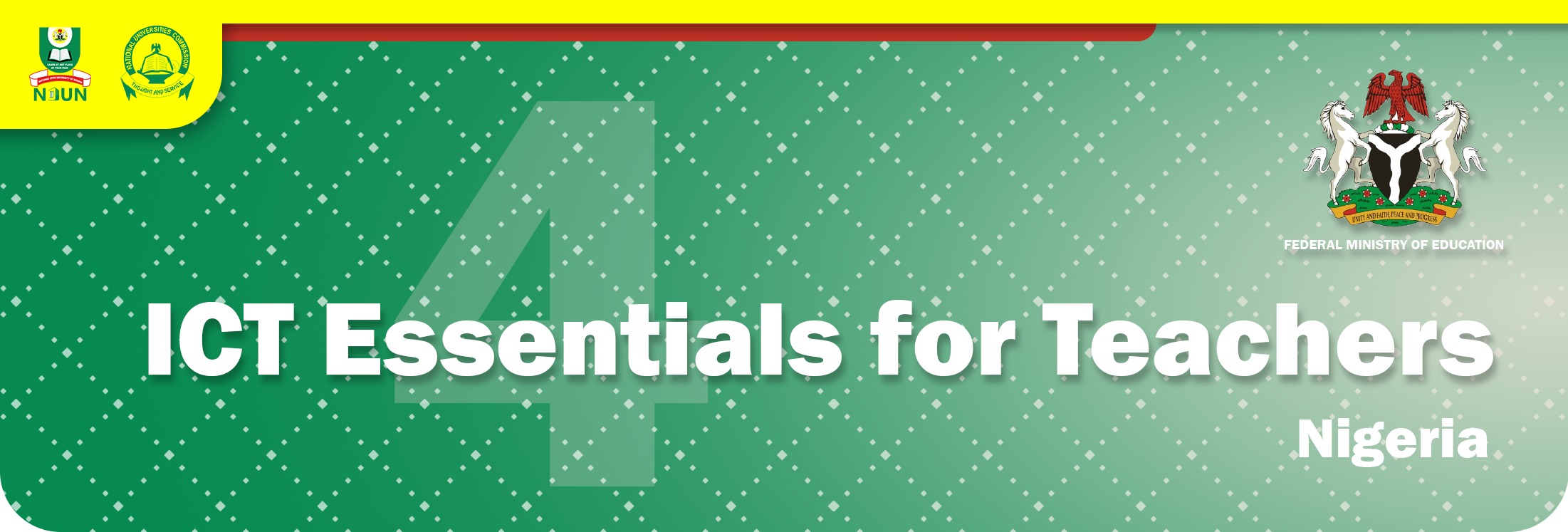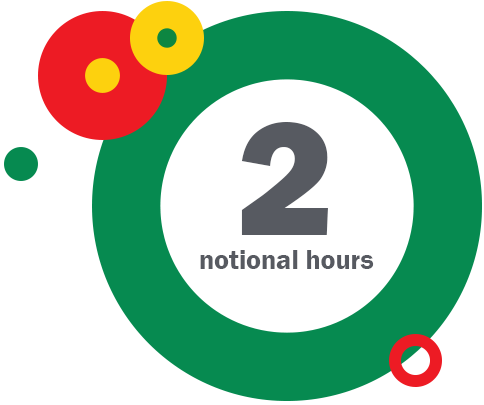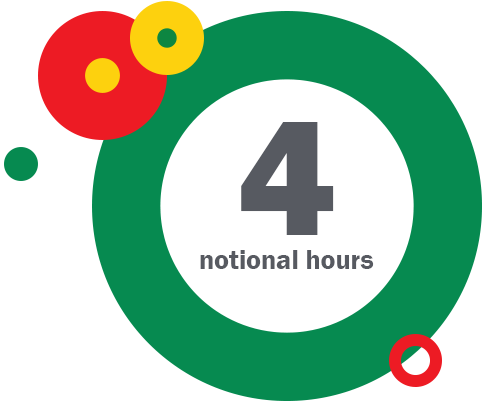General



Information about synchronous meetings on Zoom/MS Teams
Course Introduction
ICT Essentials for Teachers outlines the core competencies that will provide teachers in Nigeria with needed skills to help them integrate ICT into their classroom experience. This Course was developed under a partnership between UNESCO, the National Universities Commission, and relevant stakeholders in Nigeria in line with the third version of the ICT–CFT.
The course draws from local and nearby experiences and OER which have been contextualised to meet the need of educators and learners in Nigeria. ICT Essentials for Teachers has a total of 50 notional hours and is comprised of all the six aspects of the ICT CFT Framework Version 3. It contains detailed information on processes and procedures for integrating ICT in education for problem-solving, critical thinking, innovative skills, and to promote life-long learning. The knowledge acquisition level was identified by stakeholders as the most appropriate focus first iteration of the course. Nevertheless, some units contain competencies found at the Knowledge Deepening level.



Welcome to Unit 15. As educators in the 21st century, you are expected to incorporate digital resources into your classrooms and curricula delivery. Due to the availability of myriads of ICT tools such as laptops, whiteboards, TVs, smartphones, and tablets, it is therefore essential that you know how to logistically arrange lessons and activities to include these tools. In this unit, we will be discussing, how ICT can be organised in the physical and virtual environment to ensure an effective digital learning process. Information and communication technology (ICT) has become an integral part of learning today. Countries across the world are using ICT in facilitating information dissemination and communication in all areas of education and training. There are now educational and training institutions imparting skills in the basic and advanced concepts of ICT. Besides, ICT is being used in facilitating distance learning. It is enabling the online designing of courses, online delivery of courses, computer-aided teaching, and online assessment, besides management and networking of a large number of educational institutions.

By the end of this Unit, you will be able to:



![]()
This topic is an issue that touches each and every person who transacts, or engages, in the digital world. In this unit, we will explore some of the current online threats and what measures can be taken to prevent such a cyber attack. We encourage you to share this knowledge with your learners to ensure that they have a safe online experience. This is a scenario of: 'better be safe than sorry'.
![]()
By the end of this unit, you will be able to:
![]()
1. Work through the resources below in sequence
While aimed principally at parents this resource provides some very practical advice on how to protect young people when they use the Internet. As educators, it is worth investigating and taking note.
2. There are many cybercrime threats on the internet today. Work through the resource below for an overview of some of them.
3. Review the Wikiversity's 'Acceptable Use Policies' document below.
4. Review links to some enriching additional resources on the page below
![]()
Online safety is such a topical issue currently and with cybercriminals getting more and more innovative with each passing day, it is essential that we, as educators, try and stay on top of the latest cybercriminal trends. Make it a priority to educate your learners on online safety and what measures they can take to keep their personal information as safe as possible. In all online interactions, rather err on the side of caution!
In this unit, we have learned about the following:
![]()
For this assignment, we require you to adapt the Acceptable Use Policies (AUP) document to incorporate the policies that your institution stands for.
In doing this, take into account the learnings from
this study unit.
Some tips:
![]()
1. Test your knowledge of this unit by attempting the questions in the quiz below.

Licence
ICT Essentials for Teachers (Nigeria) is licensed under a Creative Commons Attribution-ShareAlike 4.0 International License.
![]()
This course was made possible with the financial support of UNESCO.